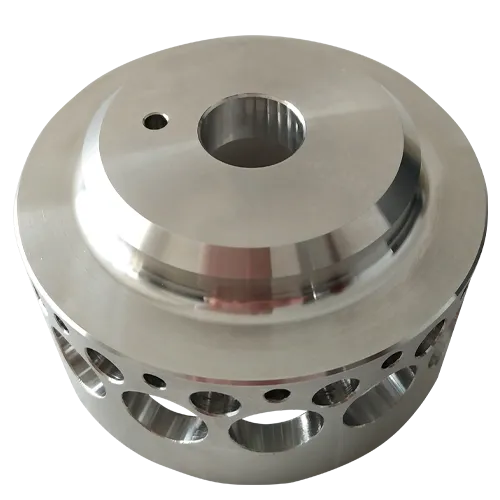Mobile:+86-311-808-126-83
Email:info@ydcastings.com
Custom Metal Molds Tailored for Unique Industrial Applications and Precision Manufacturing Solutions
Custom Molds for Metal Revolutionizing Manufacturing Processes
In the dynamic world of manufacturing, precision and efficiency are paramount. Among the various technologies available, custom molds for metal play a crucial role in achieving high-quality production. Custom molds allow manufacturers to produce intricate metal parts and components that meet specific requirements, helping to streamline production processes and reduce costs.
What Are Custom Molds for Metal?
Custom molds for metal are specially designed tools that shape molten metal into precise forms as it cools and solidifies. These molds are made from materials that can withstand high temperatures and are engineered to facilitate the production of complex geometries with minimal waste. Unlike standard molds, which are produced in bulk for general use, custom molds are tailored to the unique specifications of individual projects. This bespoke approach ensures that manufacturers can create parts designed for specific applications, enhancing functionality and performance.
Advantages of Using Custom Molds
One of the primary benefits of utilizing custom molds for metal is the ability to achieve tighter tolerances. In industries such as aerospace, automotive, and medical devices, precision is critical. Custom molds are engineered to deliver exact dimensions and surface finishes, reducing the need for secondary processing. This not only saves time but also lowers production costs and minimizes the likelihood of defects.
Another advantage is the flexibility and versatility they offer. Custom molds can be designed for various metal types, including aluminum, steel, and copper, enabling manufacturers to select the most suitable materials for their needs. Furthermore, the design of custom molds can accommodate changes in production requirements, allowing for a quick pivot as market demands shift.
The Manufacturing Process
The creation of custom molds involves several key steps. The process typically begins with a comprehensive design phase, where engineers collaborate with clients to understand specific requirements. Using advanced software, they create detailed 3D models of the mold. These models are subjected to simulations to ensure optimal performance under real-world conditions.
custom molds for metal

Once the design is finalized, the manufacturing of the mold begins. This phase often involves high-precision machining techniques, such as Computer Numerical Control (CNC) machining, which allows for the production of intricate designs with remarkable accuracy. The choice of materials is also critical, as the molds must be durable enough to withstand repeated use while maintaining their structural integrity.
After the mold is created, it undergoes rigorous testing to verify its performance. This includes assessing its ability to produce the desired parts without defects. Once all criteria are met, the mold is ready for production, enabling manufacturers to start creating high-quality metal components.
Industry Applications
Custom molds for metal find applications across a wide range of industries. In the automotive sector, they are used to produce components such as engine blocks, transmission housings, and body panels. The aerospace industry relies on custom molds to create lightweight yet sturdy parts that can withstand the stresses of flight. Additionally, the electronics industry benefits from custom molds for intricate parts used in devices such as smartphones and computers.
Moreover, custom molds are increasingly employed in the production of specialized equipment in the medical field. From surgical instruments to implantable devices, these molds provide the precision and quality necessary to ensure patient safety and device efficacy.
Conclusion
Custom molds for metal are a cornerstone of modern manufacturing, offering a myriad of advantages, including precision, flexibility, and cost-effectiveness. As industries continue to evolve and demand more complex and high-quality components, the role of custom molds will only become more significant. By investing in custom mold technology, manufacturers can enhance their production capabilities, remain competitive in the market, and ultimately deliver superior products to their clients.
As we look towards the future, the integration of advanced technologies such as 3D printing and smart manufacturing solutions will further transform the landscape of custom molds for metal. This innovation will not only optimize mold production but also foster new possibilities in design, efficiency, and sustainability, paving the way for the next generation of manufacturing excellence. The continual advancement of custom mold technology underscores its importance in shaping the future of metal manufacturing.
-
Impeller Technology That Powers Precision in Pump SystemsNewsMay.22,2025
-
Valve Durability Begins with Quality Cast Iron ComponentsNewsMay.22,2025
-
Performance Cooling with Advanced Automobile Water Pump SolutionsNewsMay.22,2025
-
How Motor Housing and Oil Pans Shape Engine PerformanceNewsMay.22,2025
-
How Metal Castings Drive Modern Manufacturing EfficiencyNewsMay.22,2025
-
Exploring the Engineering Behind Valve Body CastingsNewsMay.22,2025











